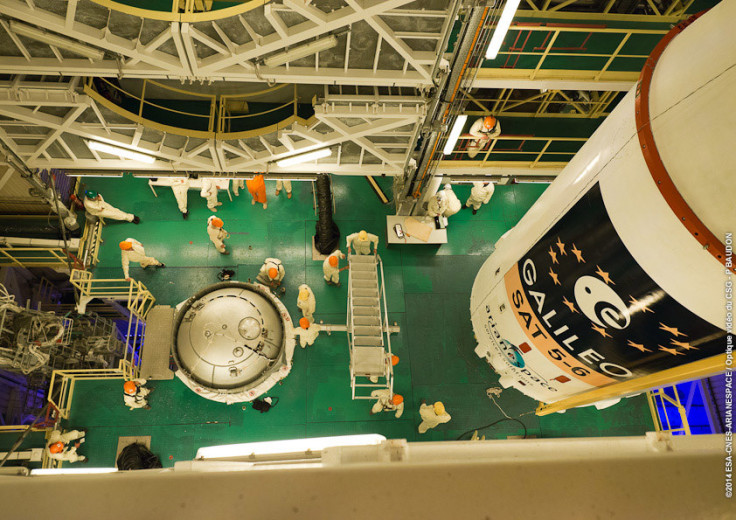UK post Brexit could be denied usage of super-accurate Galileo GPS it help build
Britain may have to negotiate and pay to access the GPS system.

The possible economic outcome of the UK leaving the European Union post Brexit has been an ongoing debate. And according to a latest report, Brexit might result in UK being shut out from using the super-accurate EU-wide global positioning system (GPS) – Galileo – that it help build.
The satellite that went live in December after more than 15 years in the making was developed in partnership between the EU and the European Space Agency (ESA). It was built to end the dependence of European countries on GPS technology provided by either the US, Russia or China.
According to a report by the Independent, access to Galileo will be restricted to members of the EU only.
"There is technology there reserved for member states to use for public services, and the UK could be locked out. I'm sure that a deal will be done, and the UK could pay its whack and get access, but it's just another part of Brexit that no one's actually thought about," says SNP MP George Kerevan.
Prior to this the head of ESA's EU policy office, Jean Bruston had warned that the UK would have to renegotiate terms to continue participating in Galileo and other space projects. Norway and Switzerland who are also non-EU members had to broker their own agreements to join Galileo in 2009 and 2014, respectively.
Other than the Galileo a host of other space programs where the UK is involved will also be affected. This includes the Copernicus satellite system aimed at monitoring environmental damage and boost disaster relief, and Horizon 2020, which seeks to boost scientific research and innovation.
Most significantly many UK companies that currently hold contracts worth millions of pounds to provide hardware to the project will be affected. Sources at the Department for International Trade however, say that any negotiations for Galileo and other space programs could only begin after Article 50 has been activated.
© Copyright IBTimes 2025. All rights reserved.





















